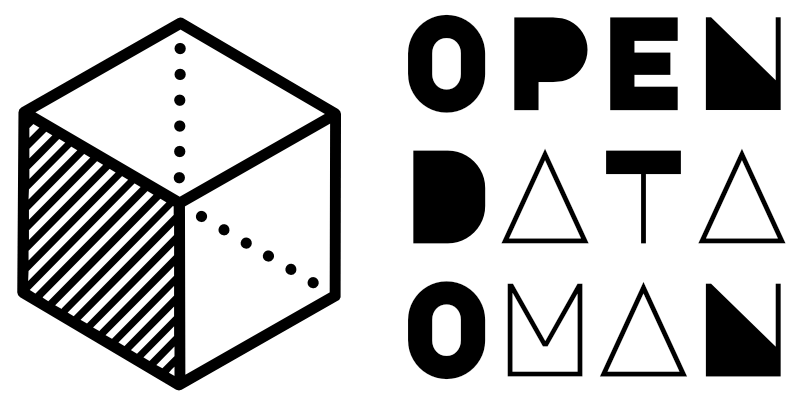Journalism has seen an increasingly growing trend of using data to produce stories, enhance reporting, and enable cross-checking. The trend is designed to increase the accuracy of reporting and ultimately win over the public’s trust. Coined as “data journalism”, this newer form of news reporting involves broad practices from using big data or open data in order to uncover stories, to using analytics and coding in order to identify relationships and predict future trends.
Supported by the government’s open data efforts, Oman is riding the data journalism wave and witnessing a paradigm shift in its local journalism. This is seen from young independent journalist’s shift away from conservative reporting that relies on publishing official statements towards investigative reporting. With this new approach, independent journalists go on fact-finding missions relying on open data sources to explain government decisions and to provide its readership with greater context in a simple and digestible manner.
Atheer and WAF are two independent Omani news outlets that have written investigative pieces using what are effectively open datasets. In one piece, Atheer examined the relationship between the newly established Private Office and the Diwan of Royal Court by analysing all royal decrees issued from the 1970s onwards that either determined or modified the mandate of the Diwan of Royal Court. The research for this piece was conducted using Qanoon.om, an independent website for publishing royal decrees in open format. Qanoon.om relies on data from the official website of the Ministry of Justice and Legal Affairs which, although does not publish its data in technically open format, does make them available free of charge. The piece by Atheer would not have been possible without the government data published by the Ministry of Justice and Legal Affairs, and the government data proved to be useful despite not satisfying the technical standards for open data. In another piece, WAF examined the expansion in government-owned companies in the former five-year plan by analysing company data from the website of the Ministry of Commerce, Industry, and Investment Promotion and the website of Muscat Clearing and Depository and then commenting on this government trend.
Although we have yet to see sophisticated forms of data journalism in Oman that rely on analytics or other advanced data methods, open data journalism has proved to be a significant enabler of the Omani government’s primary vision – the development of an empowered knowledge-based society. Wider adoption of open data through the release of more datasets that are free of charge and in easily processable formats would no doubt continue to directly contribute to a richer journalism industry.
